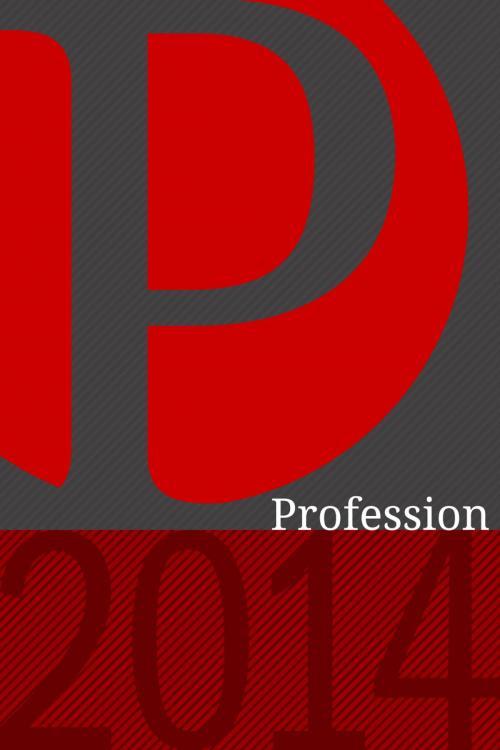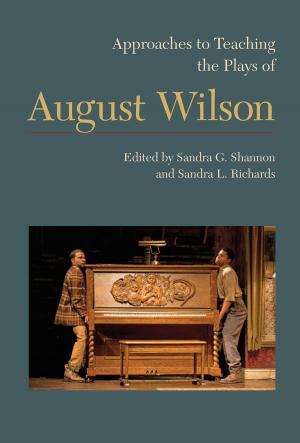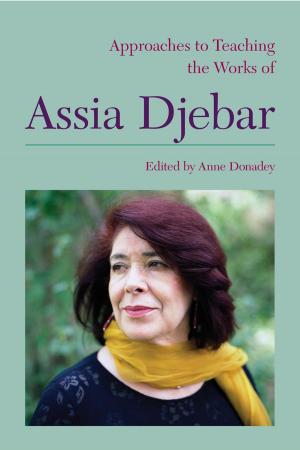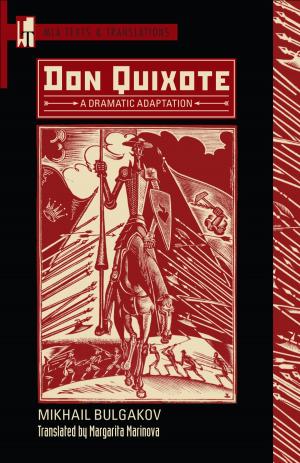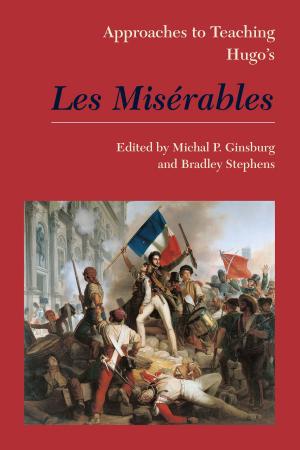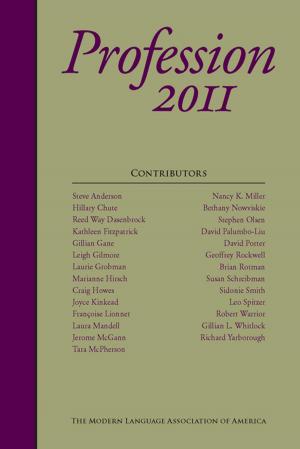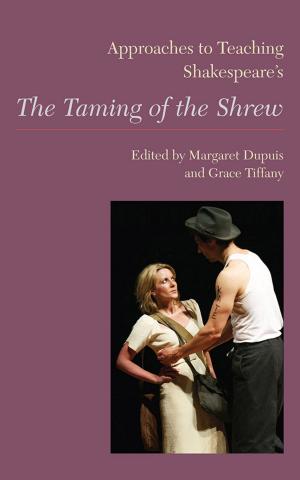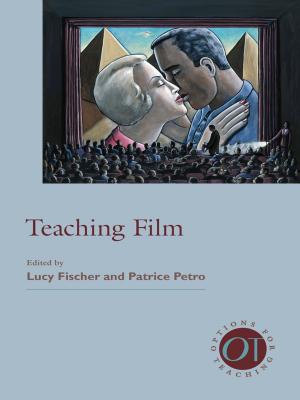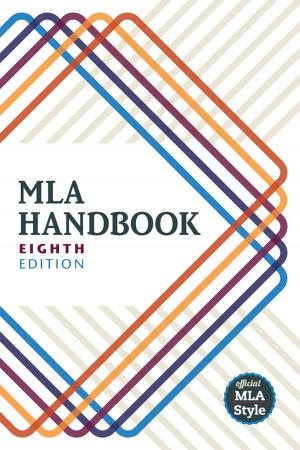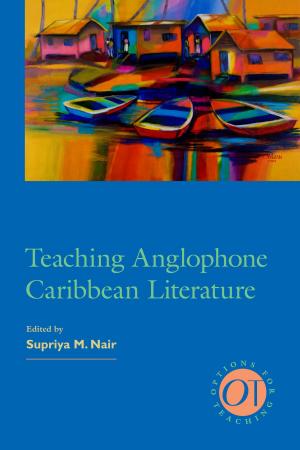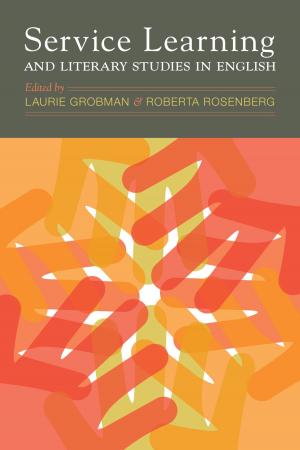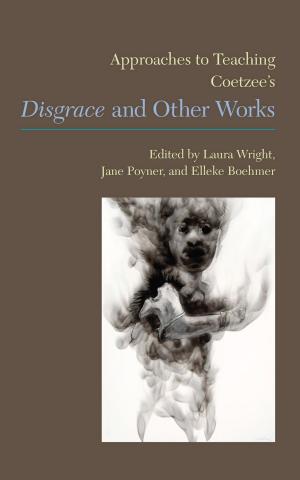| Author: | ISBN: | 9781603292795 | |
| Publisher: | The Modern Language Association of America | Publication: | September 1, 2015 |
| Imprint: | The Modern Language Association of America | Language: | English |
| Author: | |
| ISBN: | 9781603292795 |
| Publisher: | The Modern Language Association of America |
| Publication: | September 1, 2015 |
| Imprint: | The Modern Language Association of America |
| Language: | English |
This issue of Profession opens with pieces on the Common Core State Standards by Gerald Graff, Diane Ravitch, and Catharine R. Stimpson. It also features a series of essays that stem from 2013-14 MLA President Marianne Hirsch's Presidential Forum and sessions related to her theme, Vulnerable Times. Introduced by Hirsch are pieces by the forum participants Ariella Azoulay, Judith Butler, David L. Eng, Rob Nixon, and Diana Taylor, who reexamine the notion of vulnerability to assert the possibility for forms of resistance that can stem from it. The cluster "Trauma, Memory, Vulnerability," introduced by Susan Rubin Suleiman, features essays by María José Contreras Lorenzini, Andreas Huyssen, Ananya Jahanara Kabir, and Michael Rothberg. Writing on the vulnerability of languages--and of language itself--in an era of globalization are Suresh Canagarajah; Mary Louise Pratt; Gayatri Chakravorty Spivak; and Guadalupe Valdés, Luis Poza, and Maneka Deanna Brooks. Finally Laura Wexler, Matti Bunzl, James Chandler, Julie Ellison, Farah Jasmine Griffin, and Jean E. Howard ask what the term public humanities means and consider how scholars can create a public face for the humanities in vulnerable times. The concluding essay by Per Urlaub examines a graduate course in German in the context of efforts to reform doctoral studies.
This issue of Profession opens with pieces on the Common Core State Standards by Gerald Graff, Diane Ravitch, and Catharine R. Stimpson. It also features a series of essays that stem from 2013-14 MLA President Marianne Hirsch's Presidential Forum and sessions related to her theme, Vulnerable Times. Introduced by Hirsch are pieces by the forum participants Ariella Azoulay, Judith Butler, David L. Eng, Rob Nixon, and Diana Taylor, who reexamine the notion of vulnerability to assert the possibility for forms of resistance that can stem from it. The cluster "Trauma, Memory, Vulnerability," introduced by Susan Rubin Suleiman, features essays by María José Contreras Lorenzini, Andreas Huyssen, Ananya Jahanara Kabir, and Michael Rothberg. Writing on the vulnerability of languages--and of language itself--in an era of globalization are Suresh Canagarajah; Mary Louise Pratt; Gayatri Chakravorty Spivak; and Guadalupe Valdés, Luis Poza, and Maneka Deanna Brooks. Finally Laura Wexler, Matti Bunzl, James Chandler, Julie Ellison, Farah Jasmine Griffin, and Jean E. Howard ask what the term public humanities means and consider how scholars can create a public face for the humanities in vulnerable times. The concluding essay by Per Urlaub examines a graduate course in German in the context of efforts to reform doctoral studies.
